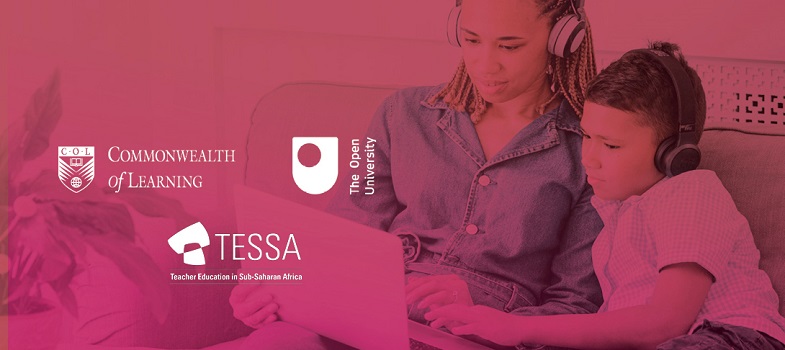Thank you for all the helpful contributions to the discussion. Here is a brief summary of the points raised so far:
- some schools set up separate language classes and make use of resources such as YouTube videos
- the use of sign language or other simple non-verbal cues and gestures can support understanding
- switching between languages can be very helpful to learners - especially as they approach the time when the language of instruction changes
- some highlighted the issue of a teacher being posted to a rural area and is not able to speak the local language. These teachers will need a great deal of support.
- working in pairs and groups so that learners support each other is helpful
- some raise the important issue of the difference between 'dialect' and 'standard language'. Even if students speak the language of instruction at home, it may be a less formal version of it, making school difficult for them.
Overall, it is clear that this is a significant inclusivity issue, which maybe isn't getting enough attention.
I met some student teachers in Tanzania once who told me that they are not allowed to speak Kiswahili at all in the Grade 7 classroom as students have just moved to English. This sort of attitude is particularly unhelpful as the understanding of English at this stage is low, and learning is hindered. This needs to be challenged and techniques for 'language-switching' need to be discussed and developed. Your helpful contributions to this discussion are really important!
